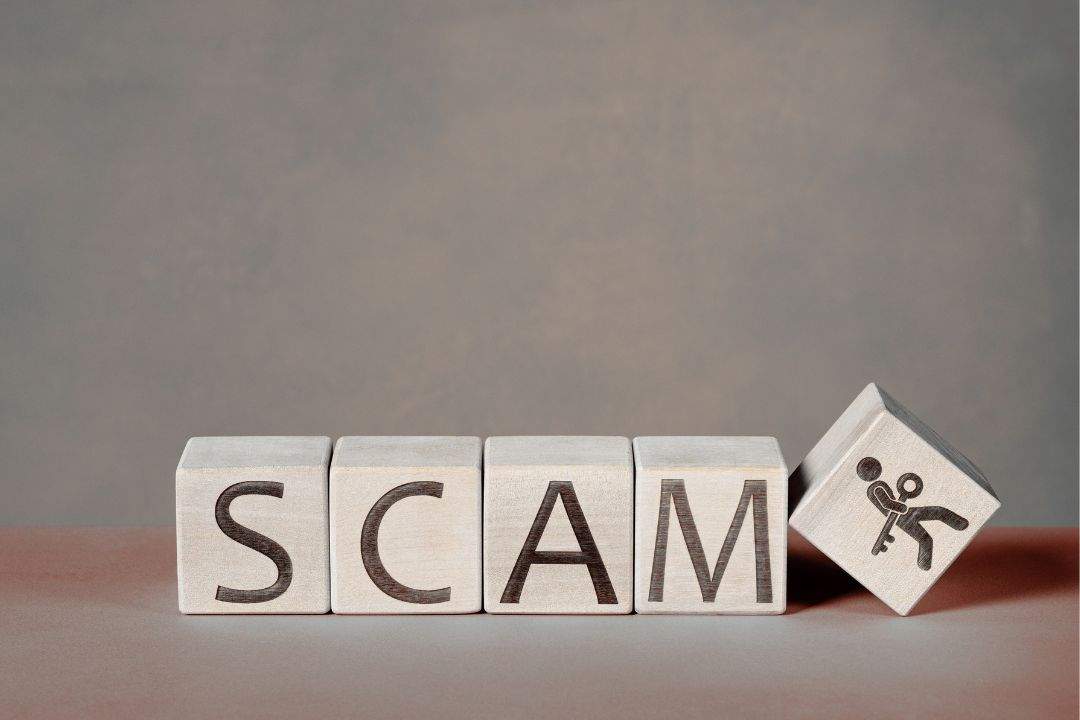Table of Contents
In the age of digital deception, tools like Scamdoc emerge as warriors against online scams. Promising to analyze websites and expose fraudulent schemes, Scamdoc has become a household name in the realm of online security. But is it the silver bullet we need, or does it have chinks in its armor?
Decoding Scamdoc’s Purpose
Scamdoc claims to be our virtual detective, sifting through the vast expanse of the internet to identify scams. It boasts of algorithms designed to scrutinize websites and assign them legitimacy scores. But how reliable is this cyber-sleuth? Can it genuinely shield us from the malicious intentions of online scammers?
The Mechanics of Scamdoc
To comprehend Scamdoc’s effectiveness, we need to dissect its mechanics. From the algorithms it employs to the data sources it taps into, understanding the intricacies of this digital detective is paramount.
The Pros and Cons of Relying on Scamdoc
The Upsides
Scamdoc’s proponents praise its ability to unveil the true nature of websites, potentially saving countless individuals from falling victim to scams. Its straightforward interface and quick results make it an attractive option for those navigating the treacherous waters of the internet.
The Downsides
However, no tool is infallible. Scamdoc has its limitations, and critics argue that it might not catch every scam. Understanding these drawbacks is crucial for users who may place blind trust in its analysis.
Real-World Experiences
Success Stories
Instances abound where Scamdoc has successfully identified and exposed scams, preventing financial loss and emotional distress. These success stories highlight the tangible impact this tool can have in the fight against online fraud.
Failures and Criticisms
Yet, Scamdoc is not immune to failures. Some criticize its inability to catch sophisticated scams, questioning whether it’s merely a digital placebo offering false reassurance. Scrutinizing these criticisms is essential for a balanced perspective.
The Behind-the-Scenes of Scam Detection
Algorithms at Play
Scamdoc’s strength lies in its algorithms. But how advanced are they, and can they adapt to the ever-evolving tactics of scammers? Understanding the algorithmic backbone of Scamdoc is key to evaluating its efficacy.
Data Sources Unveiled
Equally important is unraveling the mystery of where Scamdoc gathers its data. Are its sources diverse and reliable, or does it have blind spots that scammers exploit to evade detection?
The Human Element in Scam Detection
User Reports and Contributions
Users play a pivotal role in Scamdoc’s ecosystem. The platform relies on user reports to enhance its database and improve scam detection. Understanding the impact of user contributions is crucial for gauging Scamdoc’s real-world effectiveness.
The Human Touch
While automation is powerful, can it truly replace the intuition of a human investigator? Striking the right balance between automation and human oversight is a challenge that Scamdoc faces in the quest for foolproof scam detection.
Scamdoc Alternatives
Competitors on the Horizon
Scamdoc is not alone in the fight against scams. Competitors bring different approaches and perspectives to the table. Comparing Scamdoc with its counterparts can provide a holistic view of available options.
DIY Scam Detection
Empowering individuals to be proactive in recognizing scams is essential. Understanding basic strategies for identifying red flags without solely relying on online tools can be a game-changer in the battle against digital deception.
The Future of Scam Detection
Evolving with the Threats
In the ever-evolving landscape of online scams, staying ahead of the game is crucial. How is Scamdoc preparing for the future, and can it adapt to new and sophisticated scamming techniques?
The Role of Technology
Technological advancements continually reshape our digital landscape. Will AI play a more significant role in scam detection, or is the human element irreplaceable? Exploring the future of scam detection sheds light on the potential trajectory of tools like Scamdoc.
Conclusion
Scamdoc, with its promises of digital protection, stands at the forefront of the battle against online scams. While it has proven successful in many cases, understanding its limitations is paramount. As we navigate the ever-changing landscape of online threats, Scamdoc remains a valuable tool, but perhaps not the sole solution.
Frequently Asked Questions
Is Scamdoc foolproof in detecting all scams? Scamdoc, like any tool, has its limitations. While it can be effective, it may not catch every sophisticated scam.
How often does Scamdoc update its algorithms? Scamdoc regularly updates its algorithms to adapt to new scamming techniques, but the frequency may vary.
Can user reports really make a difference in improving Scamdoc’s effectiveness? User reports play a vital role in enhancing Scamdoc’s database and refining its scam detection capabilities.
Are there other tools similar to Scamdoc? Yes, several competitors offer similar services. Exploring alternatives can provide a more comprehensive approach to scam detection.
Should I solely rely on Scamdocs, or are there DIY strategies for scam detection? While Scamdocs is a valuable tool, adopting DIY strategies for recognizing red flags independently is advisable for a well-rounded defense against scams.
